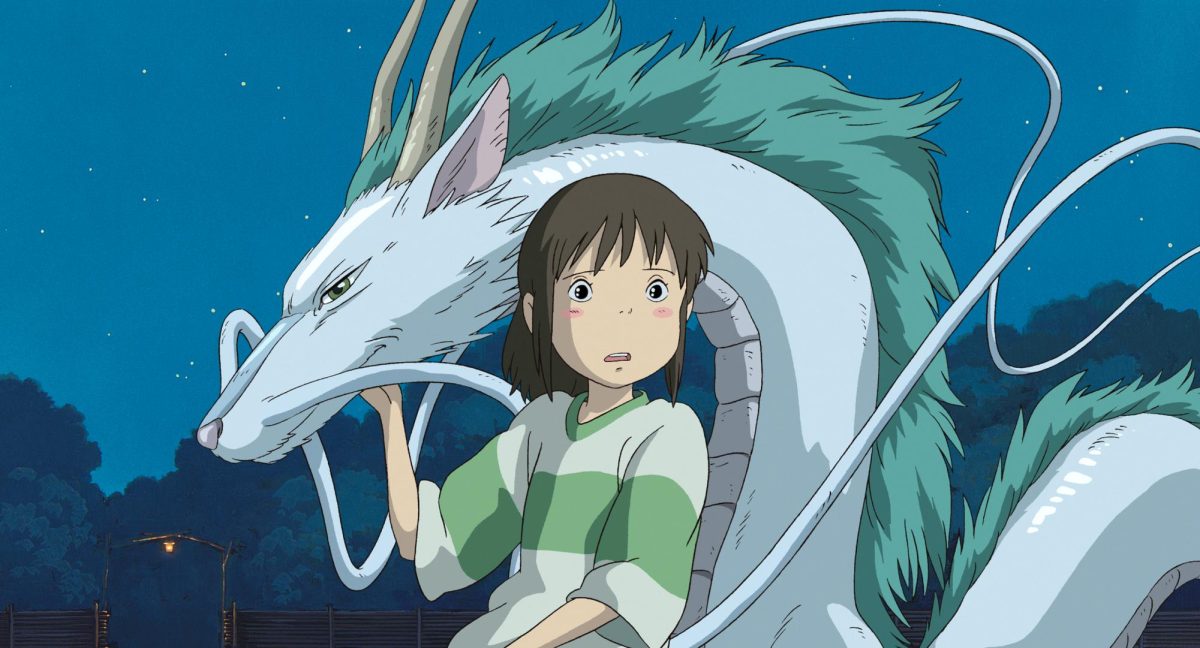The Alaskan arctic plays a crucial role in the global ecosystem but is on the verge of total collapse, said Subhankar Banerjee, a wildlife photographer.
“The arctic, which we traditionally thought of as the pristine, cleanest part of the planet, has become host to some of the most polluted people and animals on the planet,” Banerjee said Thursday, citing the damage caused by fossil fuel developments over the last 20 years.
At the annual Lyceum II Lecture sponsored by the College of Humanities, Banerjee discussed his photography and efforts to show the continuing problems that humans create through pollution.
Politicians who are still pushing for fossil fuel development describe the arctic as a “flat, white nothingness, or frozen wasteland of snow and ice,” Banerjee said.
He said the description is completely untrue and there is a vast number of migratory birds that travel there each year.
“(Birds) migrate to the arctic from every land and ocean on the planet each spring,” Banerjee said. “Hundreds of millions that go to the arctic nest and rear their young.”
Banerjee has been visiting the Alaskan arctic every year since 2001, sometimes spending up to seven months at a time in the wild.
His work, which has been referenced in the efforts of Sen. Barbara Boxer, D-Calif., in 2003 to stop oil drilling in the Arctic National Wildlife Refuge, has primarily focused on reversing the mainstream perception that the arctic is dull and void of life. His more than 10 years of work focuses on the hope that the fossil fuel development will come to an end.
Peter Matthiessen, noted author of several works on environmental studies, also discussed how he believed oil corporations are ruining the country’s natural habitat.
He explained how the oil tanker crash in 1989 spilled hundreds of gallons of oil into the watery habitats of sea otters and salmon.
“Ironically, it was the Exxon Valdez catastrophe that saved the refuge for a long while,” Matthiessen said. “They didn’t rush to develop it after that (because) it was such a mess.”
College of Humanities Dean Robert Newman said Banerjee and Matthiessen are a key part of the college’s goals to create a society that matches the stunning scenery on Earth.
By publishing essays and giving lectures, Banerjee and Matthiessen are making the public aware of important environmental issues, Newman said.
 Lennie Mahler
Lennie MahlerSubhankar Banerjee speaks to a full auditorium Thursday at the main library downtown about his experiences traveling through the Siberian wilderness.















